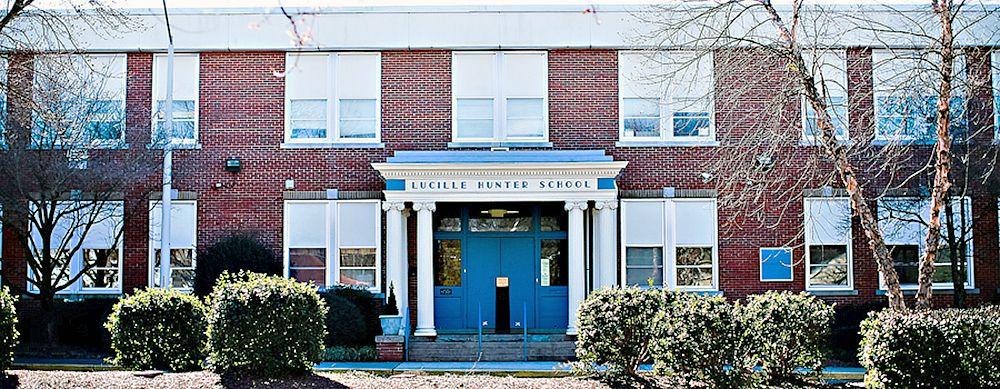A Raleigh elementary school has begun to address the issues of race, racism and white privilege through an 11-step program that has raised concerns from a parent who believed her son was too young to be taught about the subject and brought about national controversy.
Earlier this month, Hunter Elementary School sent students home with a letter, the third in a series of letters, addressing the concept of ‘white privilege.’ The letter wanted to help students and parents begin to understand the topic by listing white representation in different occupations and providing examples of white privilege.
The series of letters were a part of a School Improvement Plan that aimed to strengthen the school’s capacity for change. Lisa Luten, communications director of the Wake County Public School System, said that the idea was to help start discussions that would improve the functionality of the school.
“In this case the school has what’s called a School Improvement Plan,” Luten said. “These are the goals the school needs to achieve in order to improve and one of that was finding ways to get information home to parents so parents can participate, and so, as part of that plan, they decided to include PTA materials home in children’s folders.”
Luten said that the policy for what goes home with students is relatively loose. All documents that are sent home are child-appropriate and approved by the principal. For the series of letters, Luten said that parents could opt in to receive them.
“In this topic in particular, which an equity subgroup of the PTA, the school and the PTA understood that everybody might not want to receive that material,” Luten said. “Especially if they weren’t participating in the group. So they gave parents the opportunity to opt out of receiving them so that the materials did not have to go home with children.”
Ronschall Love, program assistant at the African American Cultural Center and a parent herself, discussed how she does not think that it is appropriate to have discussions about white privilege, especially in the context of an elementary school. Love said that racism will stop when less attention is given to it.
“We know it exists, but I don’t know, I guess, I look at things differently because my thing is the only way we’re going to get rid of racism is by stop shedding light on it,” Love said. “Start treating people as people, not giving them privilege because of the color of their skin. My question is why have the conversation? We know it exists. Now, if you’re going to have the conversation, start teaching our African-American children how to deal with white privilege, that’s the discussion you need to be having.”
Love also expressed that she believes these discussions are to be had between parents and their children and those choices should be private. However, she said that having an open platform where these topics can be discussed at a face level could be valuable.
“Let’s take PTA, if you want to have those discussions, have an open forum, have a separate session where you invite students and their parents and the teachers,” Love said. “If you want to do workshops, if you want to do teach-ins, but, again, give the parent the opportunity to say yes, I want my child to participate or no, I don’t want my child to participate. Give the parent that; don’t take that choice away from the parent.”
Patience Ben-Israel, a third-year studying communication, said she feels that discussing the topic among children is beneficial.
“Honestly, I think that it’s good,” Ben-Israel said. “It talks a lot about empathy and inclusiveness and recognizing equality and inequality. I feel like that’s important and that’s something that should be taught to people, especially when they’re young.”
However, Ben-Israel thought that the topic could be introduced to young students in a better way that does not fixate on the term ‘white privilege.’
“I feel like because they used the term ‘white privilege’ itself, I feel like that’s such a politicized term in today’s society,” Ben-Israel said. “There’s so much anger towards that term in general, that a lot of the parents are going to be turned off by having a message like that. … So, I do think it’s important and I think the content of the message is really integral and should be implemented but again, I think the term should be kind of switched around.”
Ben-Israel also said that she believes NC State can address these issues on campus to further educate students.
“There’s a lot of different things that we address on campus,” Ben-Israel said. “I feel like a 30-minute lecture at the beginning of the semester — I think that would be important to just be aware of societal hierarchy and the demographics besides certain occupations and other things in society.”
A copy of the letter sent home with students who were signed up for the program is attached to this article.








